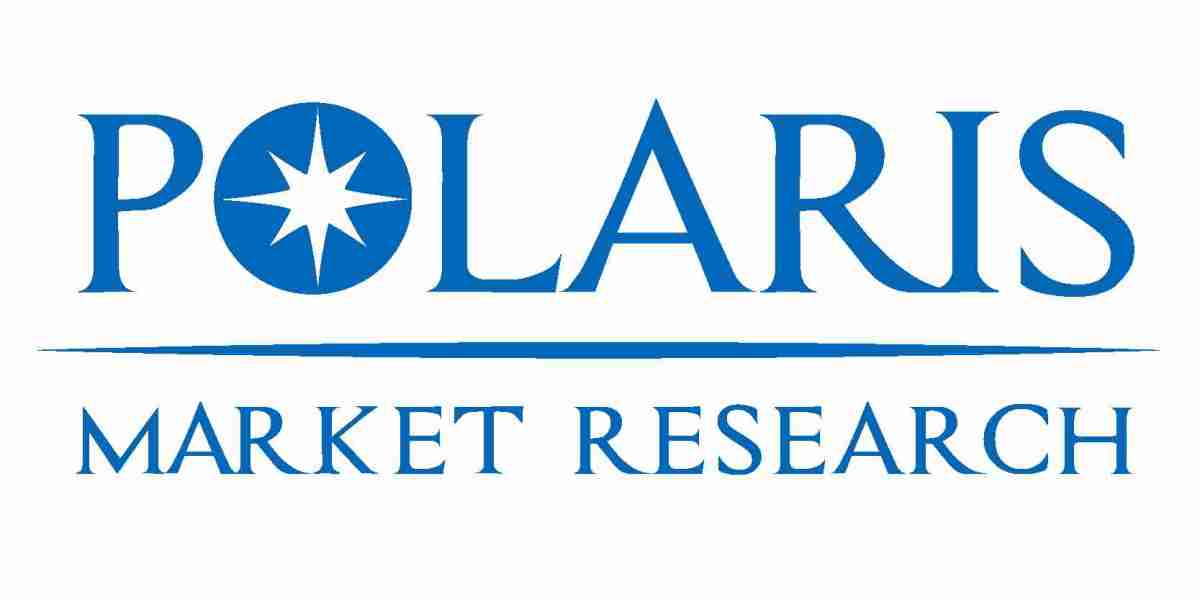Market Overview
U.S. Sports Betting Market Size And Share Is Currently Valued At Usd 15.04 Billion In 2024 And Is Anticipated To Generate An Estimated Revenue Of Usd 32.63 Billion By 2032, According To The Latest Study By Polaris Market Research. Besides, The Report Notes That The Market Exhibits A Robust 10.2% Compound Annual Growth Rate (Cagr) Over The Forecasted Timeframe, 2024 - 2032
The U.S. sports betting market has witnessed remarkable transformation over the past decade, evolving into a dynamic segment within the country’s broader gaming and entertainment industry. The market’s rapid expansion has been fueled by the legalization of sports betting across numerous states, the proliferation of digital platforms, and a growing acceptance of sports wagering among mainstream consumers. Analysts indicate that these developments are reshaping the betting landscape, creating a robust ecosystem that connects technology, sports, and consumer engagement.
Market Summary
The U.S. sports betting market encompasses a wide range of offerings, including mobile and online sports wagering, in-person betting at casinos and racetracks, and fantasy sports platforms. Key stakeholders include operators, technology providers, and regulatory bodies working to create a secure and fair environment for bettors. The market’s growth is characterized by increasing user adoption of digital platforms, sophisticated betting technologies, and strategic collaborations between sports leagues and betting operators. LSI keywords such as “online sports wagering,” “sports betting technology,” “mobile betting platforms,” and “regulated gaming market” highlight critical aspects of the market’s structure and trends.
Key Market Growth Drivers
Several factors are driving the expansion of the U.S. sports betting market. Regulatory reforms have played a pivotal role, with multiple states legalizing and regulating sports wagering, creating a conducive environment for market entry and expansion. Additionally, the surge in smartphone penetration and advancements in mobile technology have enabled operators to offer seamless and interactive betting experiences, enhancing user engagement and retention.
Strategic partnerships between sports leagues, teams, and betting operators are also boosting market growth. These collaborations often include sponsorship deals, data sharing agreements, and integrated marketing campaigns that increase visibility and consumer trust. Furthermore, the rise of in-play betting, which allows users to place wagers during live events, has expanded betting options and attracted a younger, tech-savvy demographic.
Another significant driver is the growing acceptance of sports betting as mainstream entertainment. Shifting cultural perceptions, combined with targeted marketing campaigns, have reduced the stigma around betting, encouraging more participation. Additionally, advancements in data analytics and artificial intelligence have enhanced betting predictions, improving the overall user experience and increasing market confidence.
??????? ??? ???????? ????????????? ?????? ????:
https://www.polarismarketresearch.com/industry-analysis/us-sports-betting-market
Market Opportunities
The U.S. sports betting market presents several lucrative opportunities for operators and investors. Expansion into newly legalized states represents a significant growth avenue, as operators can tap into untapped customer bases and establish brand loyalty early. Moreover, the development of omnichannel betting platforms that integrate online, mobile, and in-person experiences can create more comprehensive and engaging user experiences.
The incorporation of emerging technologies such as blockchain, artificial intelligence, and machine learning also offers considerable potential. Blockchain can enhance transaction transparency and security, while AI-driven algorithms can provide personalized betting recommendations, improving customer satisfaction and retention. In addition, integrating social and interactive features within betting platforms can enhance user engagement, encouraging long-term participation.
Another opportunity lies in partnerships with sports organizations, media companies, and entertainment platforms. Collaborative campaigns can create cross-promotional opportunities, increase brand visibility, and drive user adoption. Additionally, marketing initiatives targeting casual sports fans through gamified experiences and predictive analytics tools can broaden the market demographic and increase revenue streams.
Country-Wise and Regional Analysis
Within the United States, market growth varies significantly by state due to regulatory differences, population density, and consumer preferences. States with early legalization and well-established regulatory frameworks have become hubs for sports betting, attracting both domestic and international operators. These regions often see higher per capita betting activity and greater investments in digital infrastructure to support online and mobile platforms.
Conversely, states that are in the early stages of legalization present high growth potential. Operators entering these markets can capitalize on first-mover advantages, establishing brand recognition and customer loyalty before competition intensifies. Regional differences in sports popularity also influence market dynamics, with football, basketball, and baseball representing the most wagered-on sports, while emerging interest in esports and niche sporting events is creating new segments for innovation and growth.
Market Forecast
The outlook for the U.S. sports betting market remains highly positive, with continued expansion anticipated in the coming years. Analysts project sustained growth driven by ongoing legalization, technological innovations, and increasing mainstream adoption of sports wagering. The integration of advanced mobile platforms and AI-driven analytics is expected to enhance the user experience, while strategic partnerships and marketing initiatives will further fuel market penetration.
Operators are likely to invest in personalized and interactive experiences to differentiate themselves in a competitive landscape. Additionally, increased attention from regulators will continue to shape the market, ensuring secure, fair, and transparent betting environments. Overall, the U.S. sports betting market is poised for dynamic growth, offering diverse opportunities for operators, technology providers, and investors seeking to capitalize on the evolving gaming ecosystem.
Some of the major players operating in the global market include:
Conclusion
The U.S. Sports Betting Market Is Expanding Rapidly Due To Increasing Legalization, Digital Platform Adoption, And Growing Consumer Interest In Sports Wagering. Mobile Apps, Online Platforms, And Interactive Gaming Experiences Are Driving Engagement. Technological Advancements, Data Analytics, And Secure Payment Systems Enhance User Experience And Reliability. The U.S. Sports Betting Market Benefits From Regulatory Reforms, Partnership Initiatives, And Rising Sports Fan Participation. As The Industry Continues To Innovate With Digital Platforms, Live Betting, And Responsible Gambling Initiatives, The Market Is Poised For Sustained Growth, Offering Opportunities For Operators, Technology Providers, And Investors To Expand And Diversify Offerings.
More Trending Latest Reports By Polaris Market Research:
Automated Test Equipment Market
Marketing Attribution Software Market
Bio-Magnetic Ear Stickers Market
Lithium-Ion Battery Cathode Market
Biological Safety Cabinet Market
Subscription Fatigue Solutions Market












